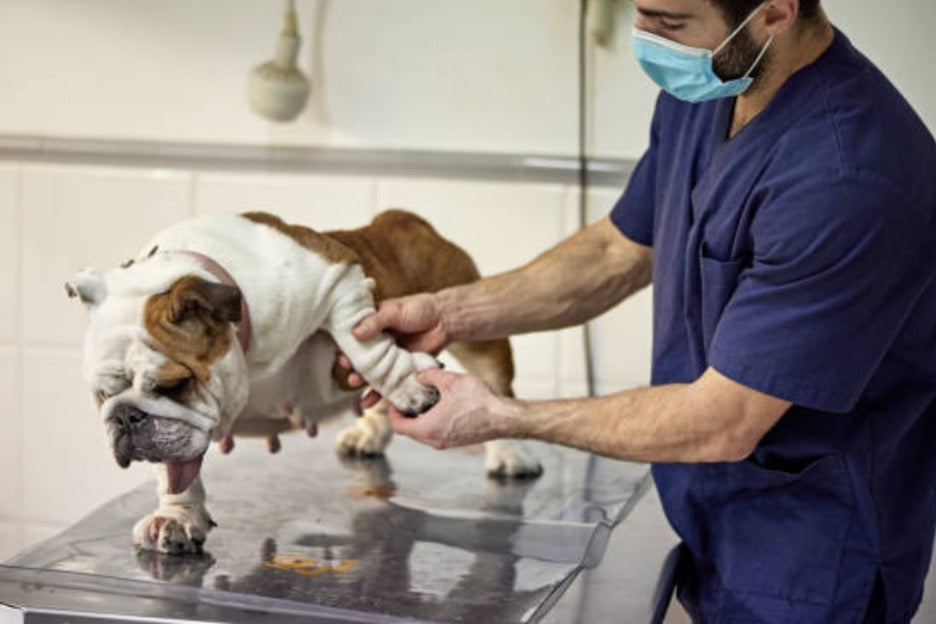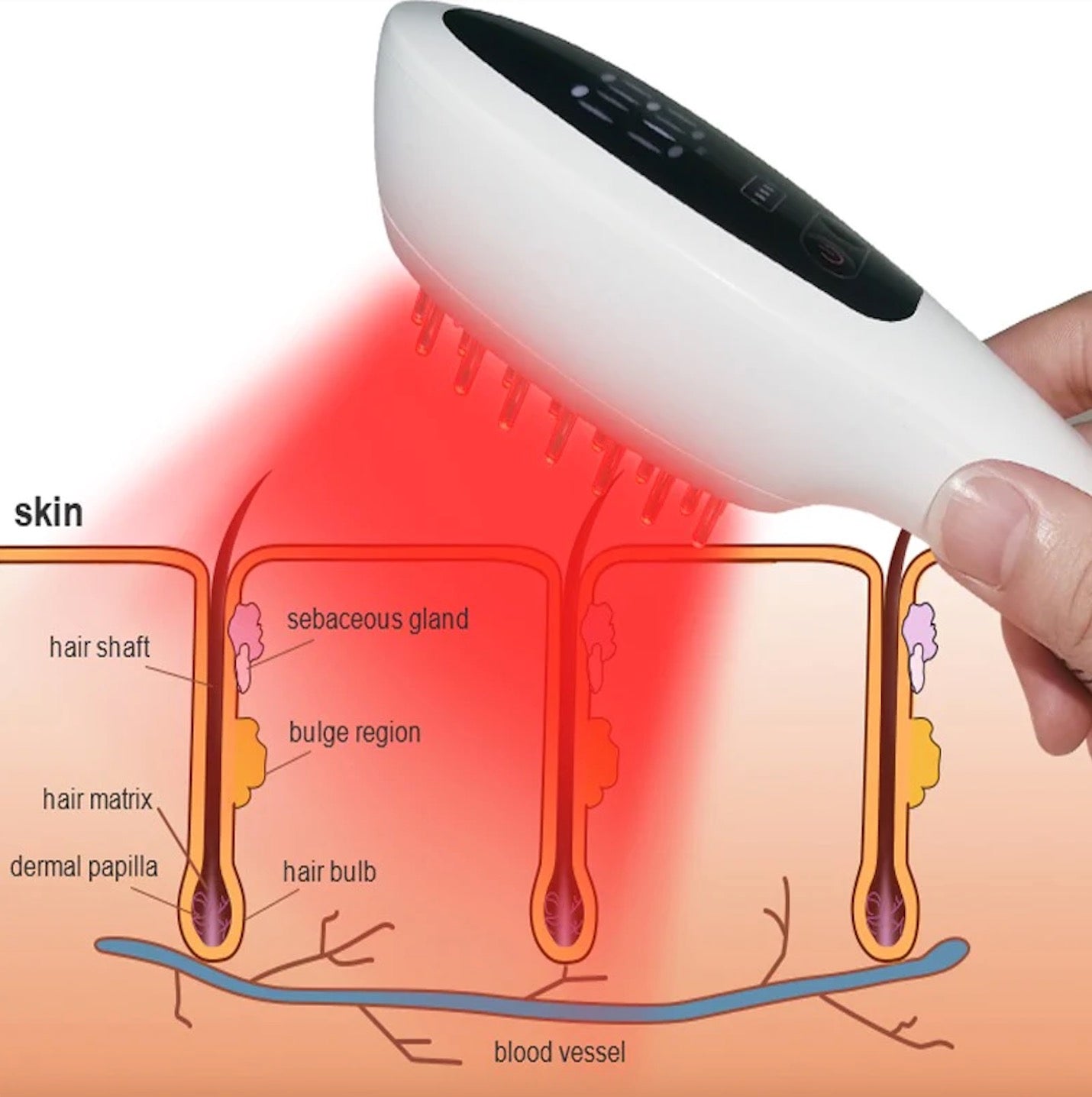The etiology of eczema is complicated. The cause of the disease is related to the patient's allergic constitution, mental factors, and physicochemical stimuli. It is an inflammatory reaction of the skin that causes severe itching.
Symptom of Eczema
- Symmetry, both sides.
- The skin lesions have various manifestations, including various manifestations such as erythema, papules, pimples, plaque, and erosion.
- Severe itching
- easy to relapse
- easy to have tissue fluid exudation
Staging of Eczema
It is generally divided acute, subacute and chronic. The acute phase has a prone to exudation, while the chronic phase is more humid and hypertrophic.
- Acute phase: The skin lesions are mostly dense miliary papules, pimples or small rashes, basal flushing, and gradual fusion.
- Acute phase: After the inflammation of acute eczema is relieved, the skin rash is mainly composed of small papules, scarring, and ecchymosis.
- chronic phase: often due to recurrent attacks of acute and subacute eczema and it finally turns into chronic eczema.
Prevention of Eczema
- Wear loose clothing and try to wear pure cotton clothes. It is best not to wear the bright intimates clothing because the dyes of clothes have hundreds of chemicals. Wearing too tight or too bright can easily cause irritation or allergies.
- eat less irritating food, do not have a partiality for a particular kind of food but balanced your diet.
- Avoid long-term living in humid, cold places, dusty and dusty environments, bedding sheets should be washed and changed frequently.
- The eczema patient should pay attention to the water temperature not to be too high when taking a bath, should pay attention to moisturize after bathing.
- Reduce sun exposure.
How to Treatment Eczema?
Each patient's etiology of eczema is different. The cause of eczema should be promptly discovered and promptly treated. The treatment method is as follows.
- Finding causes, incentives, and aggravating factors: There are many factors affecting eczema, but the main reason should be found.
- Symptomatic treatment: According to the patient's symptoms and skin lesions stage to relieve itching and have anti-inflammatory. The area of lesions <10% to 30% can be used for the topical drug for exterior use, while the area with larger lesions should take medicine at the same time.
Cases Study: Red Light Therapy for Eczema Treatment
The Second People's Hospital of Qingdao, Shandong Province has reported 33 patients treated with red light therapy, including 16 cases of pycnes and 14 cases of eczema, which were irradiated once a day for 20 minutes.
Treatment results: In 33 cases, 27 cases (81.82%) were cured within 3 weeks, 2 cases (6.06%) were markedly effective, 2 cases (6.06%) were effective, 2 cases (6.06%) were ineffective, and the total effective rate was 93.94%. 2 Ineffective cases were chronic eczema and pediatric impetigo.
The efficacy of red light therapy in the treatment of dermatitis and eczema in 33 cases is as follows:
After 6 days of treatment, 1 case (3.03%) was markedly effective, 1 case (3.03%) was effective, and 2 cases (6.06%) were ineffective. The total effective rate of 23 patients was 69.7%, and the cure rate of 21 patients was 63.64%.
After 12 days of treatment, 1 case (3.03%) was markedly effective, 1 case (3.03%) was effective, and 0 case was ineffective. The total effective rate was 6.18% in 6 patients and 12.12% in 4 patients.
Liu rulan, Beijing Friendship Hospital, reported that 9 cases of eczema were treated with red light, 1 case was cured (11.11%), 7 cases (77.77%) were markedly effective, 1 case (11.11%) was improved, and 0 was invalid. General treatment 3 to 10 times.




